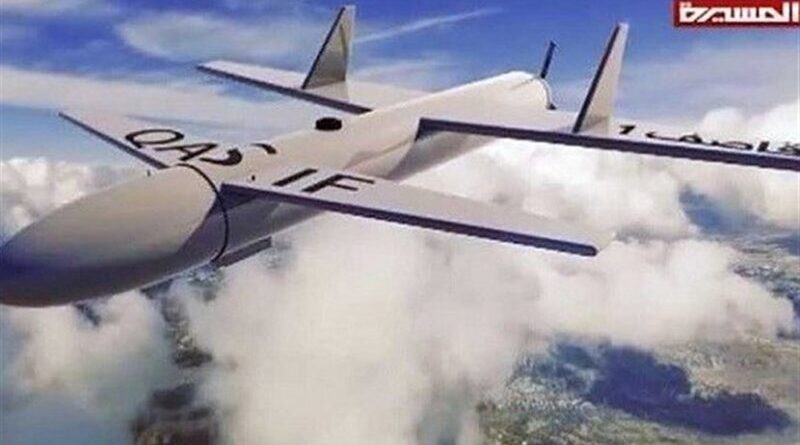Who Attacked Saudi Oil Facilities? – OpEd
Western media controlled by those having vested interest was prompt in spreading the disinformation about attacks on Saudi oil facilities. It has used following pointers: 1) Yemen’s Iran-aligned Houthi group has claimed responsibility of attacks, 2) Kingdom’s output will be knocked out more than half, 3) oil prices will surge and 4) tension will rise in the Middle East.
This is exactly what western media has been doing for ages, only the operators have been changing. One must not forget that these attacks have come in the aftermath of earlier cross-border attacks on Saudi oil installations and on oil tankers in Gulf waters, which have failed in skyrocketing oil prices.
Mike Pompeo, Secretary of State of United States was prompt in accusing Iran of the attacks. In the same breath he ruled out Yemeni involvement and denounced Tehran for engaging in false diplomacy. He claimed “Tehran is behind nearly 100 attacks on Saudi Arabia. He accused Iran’s President Hassan Rouhani and Foreign Minister Mohammed Javad Zarif for pretending to engage in diplomacy.”
Apparently the supporters of Israel were happy when US President Donald Trump withdrew his country from a 2015 pact and imposed a series of sanctions that could cripple Iran’s economy. But in recent weeks they were annoyed when Trump said he would be open to meeting with Rouhani on the sidelines of the United National General Assembly in New York later this month. Pompeo had also said such talks could take place without any preconditions.
Let us review the immediate response of the US which alleges Iran for the attack. The sole purpose is to diminish any and every possibility of reconciliation with Iran and keep it out of oil trade. The ultimate beneficiary of high crude price is United States as 1) its Shale oil producers remain competitive and 2) it keeps on selling arms to Saudi Arabia.
One could also recall that President Trump has often said “Saudis can’t survive without their (US) help.” As the Kingdom was going for IPO of Aramco, its production has to be suspended to make the IPO a big failure. The attack is also aimed at proving that Saudis can’t protect their assets and must ask the US to provide security. Interestingly, it is beyond comprehension how a Houthi drone attack could curtail Saudi crude production to half?
The sole purpose of spreading disinformation is to jack up crude price. Certainly, if output is curtailed by 5.7 million barrels per day the price could raise up to US$10/ barrel on Monday. Since the US has the largest surplus production capacity, it will be the only beneficiary. The attack is also aimed at reducing the importance of newly appointed Saudi Oil Minister.
To create uncertainty and make crude price volatile, the news have started pouring in. “Abqaiq is the nerve center of the Saudi energy system. Even if exports resume in the next 24-48 hours, the image of invulnerability has been altered,” Helima Croft, global head of commodity strategy at RBC Capital Markets, told Reuters.
A Saudi-led coalition battling Yemen’s Houthi group said it was investigating drone attacks against Saudi oil installations and would confront terrorist threats to global energy security. “Investigations are ongoing to determine the parties responsible for planning and executing these terrorist attacks,” said coalition spokesman Colonel Turki al-Malki. Analysts can’t rule out putting the entire blame on Iran.
Iranian foreign ministry spokesman Abbas Mousavi dismissed the US allegation as pointless. A senior Revolutionary Guards commander warned that the Islamic Republic was ready for full-fledged war. He went to the extent of saying, “All the US bases and its aircraft carriers in a distance of up to 2,000 kilometers around Iran are within the range of our missiles.”
While the probability of any attack on Iran remains low, the US will be able to achieve its prime objective, jacking up crude oil prices. Western media has already started saying, “Aramco has given no timeline for output resumption, but return to full oil capacity could take weeks, not days.” Traders and analysts say crude price may spike to as high as US$100/barrel if Riyadh fails to quickly bring back supply.


So Who Attacked Saudi Oil Facilities? It’s not “spreading the disinformation” when you don’t have a better theory. As you wrote, “the probability of any attack on Iran remains low”; that is, Iran isn’t eliminated yet. So your rant is without baseless. The Western media are reporting on political statements. That’s not the same as spreading disinformation.